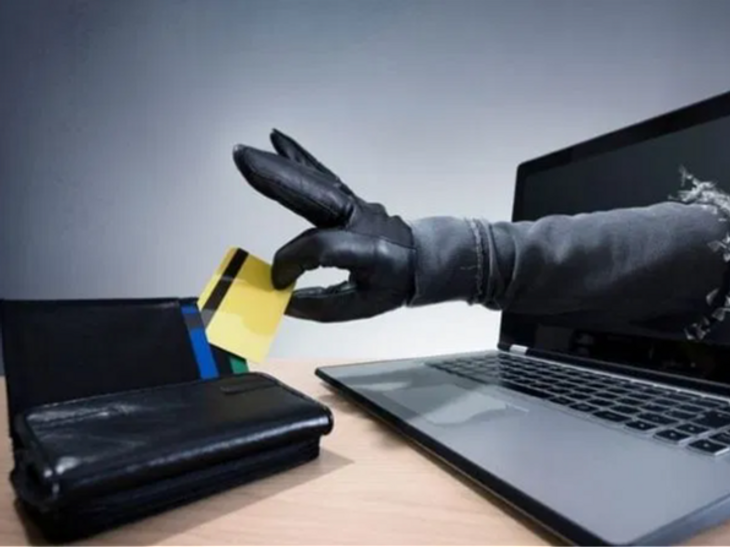Online payments have made transactions extremely easy. But one wrong click can put your lifetime earnings at risk. Fraudsters are constantly improving their techniques and committing fraud. Cybercriminals often take advantage of our emotions. They scare us and tempt us. Basic awareness can save you from such scams. Do not respond immediately to a message or email. Take the time and assess the situation.
Rajesh’s online shopping experience
Rajesh clicked on the online link to buy the gadget, where a 50% discount offer was visible. Rajesh was lured and placed the order and became a victim of fraud.
What should Rajesh have done?
Rajesh should have checked the website. He could read reviews to see if people were happy with their purchases on that site. If the reviews were negative, he should have made sure the site URL started with https:. Check the lock icon. If not, the website is not secure. Rajesh clicked on the link without thinking. If he had checked before clicking on the link in the email or ad, he would not have fallen for phishing. If Rajesh had kept security software on his device, it would have been protected against viruses and malware. This would also protect your information.
What else should you keep in mind?
Install only verified apps: Do not download the app using a link. Install only verified apps on the device from Google Play, Windows app or Apple App Store.Use a secure Internet: Don’t use free Wi-Fi at train stations, hotel lounges or airports. Do not transact through a public hotspot.Be careful when using debit or credit cards: Use the map yourself. The scammer can copy the card via a fake machine.Don’t compromise on phone/computer security software: Always keep your PC/laptop and mobile security up to date. Always set strong passwords with a combination of special characters, letters, numbers, and upper and lower case letters. Remember to change your password regularly. Don’t save it to mobile.Remember… that confidential information is never requested: Bank or telecom company officials never ask for confidential information like OTP, CVV, KYC during calls.Do not click on suspicious links: These suspicious links may attract your attention by claiming to play lottery abroad or win thousands of rupees at home. These links may direct you to phishing sites.Do not make payments to your personal account: Before transferring money, thoroughly research the company or person you are dealing with. Do not make any payments to anyone’s personal account. Remember, legitimate companies will never ask you to pay into someone’s bank account.
What to do in case of fraud?
If your debit or credit card is lost or stolen, notify the bank immediately. Blocking the card is the first step to avoid any loss. If you are a victim of cybercrime, contact the police or cybercrime unit immediately. Register a complaint by calling 1930 or visit www.cybercrime.gov.in.

